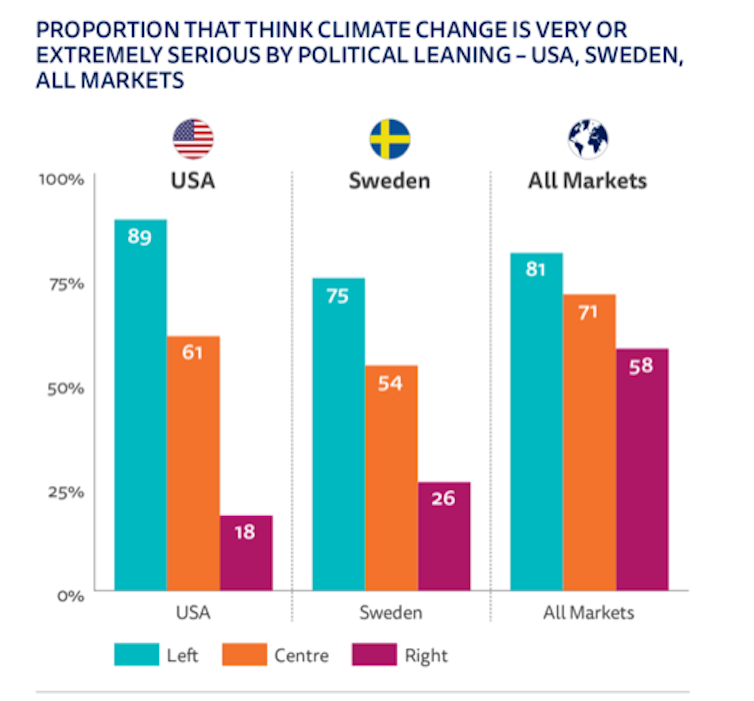Protesters March on NYC Transit Hubs Demanding Gaza Cease-Fire
Original article by BRETT WILKINS republished from Common Dreams under Creative Commons (CC BY-NC-ND 3.0).

“We must stand up and not be silent to this injustice,” said one rabbi taking part in the demonstration.
A coordinated wave of demonstrations against what activists called Israel’s genocidal war on Gaza targeted New York City transit hubs Monday afternoon, with protesters demanding an immediate cease-fire as heavy Israeli bombardment of the besieged strip pushed the death toll from 73 days of attacks to nearly 20,000.
Protesters marched from Grand Central Station to the Port Authority Bus Terminal and then on to Penn Station, where at least hundreds of activists gave police the slip and occupied Moynihan Hall. Many participants prayed for peace before leaving the station.
“We must stand up and not be silent to this injustice,” Rabbi Yisroel Dovid Weiss toldamNewYork Metro outside Grand Central Station. “We hurt and cry with the people who are dying and suffering under the stranglehold of the Zionist occupation. We want the world to know that we hurt because we are Jews, we will not be silent because we are Jews.”
Independent photojournalist Katie Smith followed the entire demonstration—which was coordinated by the group Within Our Lifetime—documenting incidents including police “violently engaging with protesters” and a confrontation between the actor Alec Baldwin and activists.
According to Smith, activists later marched to a building in Greenwich Village where a fundraiser for the Israel Defense Forces was reportedly being held.
Monday’s actions followed recent protests in New York, including a Manhattan march led by artists remembering the life and work of Refaat Alareer—a Gaza poet and professor killed last week in an Israeli airstrike—and calling on Israel to free political prisoners including the members of Freedom Theater recently arrested in Jenin in the illegally occupied West Bank.
In recent days, large protests for Gaza have also taken place in U.S. cities including Houston, Los Angeles, and Washington, D.C., as well as in cities in countries including the U.K., Canada, France, Belgium, Norway, and Germany.
In California, workers at Google and allies held a Thursday die-in at the tech giant’s San Francisco office “to demand the company stop powering Israel’s genocide of Palestinians in Gaza” through the $1.2 billion Project Nimbus cloud computing contract.
More protests are planned for this week, including a nationwide action by Mennonites on Tuesday and a rally by over 80 groups on Capitol Hill in Washington, D.C. that same day.
Sponsored by the Action Center on Race and Economy, Adalah Justice Project, Grassroots Global Justice Alliance, and the U.S. Campaign for Palestinian Rights, Tuesday’s D.C. event is being held to “demand a permanent cease-fire in Gaza and oppose the Biden administration’s proposed military aid package sending billions of taxpayer dollars to Israel, U.S. southern border militarization, and immigration enforcement.”
Original article by BRETT WILKINS republished from Common Dreams under Creative Commons (CC BY-NC-ND 3.0).
- ‘The Time Is Now’: Interfaith Protesters Fill Philly Train Station Demanding Cease-Fire ›
- ‘Never Again For Anyone’: Jewish Protesters Demanding Gaza Cease-Fire Arrested In Grand Central Station ›
- 80+ Groups Descend On DC Demanding Gaza Cease-Fire, Migrant Rights ›

How much do people around the world care about climate change? We surveyed 80,000 people in 40 countries to find out
This article is republished from The Conversation under a Creative Commons license. Read the original article.

ra2 studio / shutterstock
Simge Andı, University of Oxford and James Painter, University of Oxford
New survey results from 40 countries shows that climate change matters to most people. In the vast majority of countries, fewer than 3% said climate change was not serious at all.
We carried out this research as part of the University of Oxford’s Reuters Institute annual Digital News Reports. More than 80,000 people were surveyed online in January and February of this year.
Almost seven in ten think climate change is “a very, or extremely serious, problem”, but the results show notable country differences. Lack of concern is far higher in the US (12%) as well as in Sweden (9%), Greta Thunberg’s home country. Despite disastrous bush fires at the time of our fieldwork, 8% of respondents in Australia report that climate change is not serious at all. These groups with low levels of concern tend to be right wing and older.
Four of the five countries showing the highest levels of concern (85-90%) were from the global south, namely Chile, Kenya, South Africa and the Philippines. However, in countries with lower levels of internet penetration, our online survey samples over-represent people who are more affluent and educated.

Reuters Institute Digital News Report, Author provided
Perhaps surprisingly, the five countries with the lowest levels of concern are all in Western Europe. In Belgium, Denmark, Sweden, Norway and the Netherlands, only around half (or less) think that climate change is a serious problem.
It is the first time that results from survey questions on climate change have been included in the Reuters Institute’s reports, so it is difficult to draw out historical trends. However, results in 2015 from the Pew Center based on surveys in 40 countries (with different questions and countries to those in our survey) found that 54% of those surveyed thought that climate change was “a very serious” problem.
So it looks like concern for climate change may be rising globally. There is certainly strong evidence that it is increasing in some countries. In the US, in November 2019 two in three Americans (66%) said they were at least “somewhat worried” about global warming, an increase of 10 percentage points over the past five years.
In the UK, data from the CAST centre at Cardiff University showed that in 2019 levels of “worry” about climate change were at their highest recorded point. Extreme weather events, media reporting and wider publicity were mentioned by respondents as reasons for their increase in concern.
In our survey, across countries and markets, individuals who identify as left-wing tend to report higher levels of concern. This finding is even more visible in more polarised societies such as the US where 89% of those who self-identify on the left note that climate change is serious, compared to only 18% of those who self-identify on the right.

Reuters Institute Digital News Report, Author provided
We also find a similar divide in Sweden. As Sweden is widely considered one of the world’s most progressive nations, these results surprised us and we asked Martin Hultman, a researcher in climate denialism at Chalmers University in Gothenburg, what to make of them.
“These figures do not surprise me”, he told us in an email. “Since 2010, the leadership of the far-right political party Sweden Democrats has been against all types of policies to tackle climate change, including the Paris Agreement.”
“And we know that the spread of climate change denial ideas and rhetoric is widespread in Sweden – not least when digitally-born far-right media sites spread conspiracy theories about Greta Thunberg.”
TV news still dominates
Across all countries, people say they pay most attention to climate news on television (35%). Online news sites of major news organisations are the second most popular news source (15%), followed by specialised outlets covering climate issues (13%), then alternative sources such as social media and blogs (9%).
Figures from the UK, US and Australia are broadly in line with these preferences. Printed newspapers and radio are way down, with only around 5% saying each was the source they paid most attention to. In Chile, where the concern is high, specialised outlets covering climate issues (24%) as well as alternative sources such as social media (17%) are nearly as popular as television (26%).
The differences in climate news consumption are also visible among different age groups. Younger generations, more specifically the so-called Generation Z (aged 18-24), are more likely to report paying attention to alternative sources on climate change (17%) as well as TV (23%) and online news sites from major news organisations (16%). Older people, however, rely more heavily on TV (42%) and use less of the online news sites (12%) or alternative sources such as social media (5%).
Respondents from both sides of the political spectrum criticise the media for either being too doom-laden, or not bold enough, in their coverage of climate change. That said, our survey shows that almost half of our respondents (47%) think that news media generally do a good job of informing them about climate change, and 19% think that they do a bad job.
However, those who have low levels of concern are much more inclined to say that the news media are doing a bad job (46%). This might indicate a lack of trust in climate change coverage or a more general loss of confidence in the news media.![]()
Simge Andı, Postdoctoral Research Fellow, Reuters Institute for the Study of Journalism, University of Oxford and James Painter, Research Associate, Reuters Institute, University of Oxford
This article is republished from The Conversation under a Creative Commons license. Read the original article.